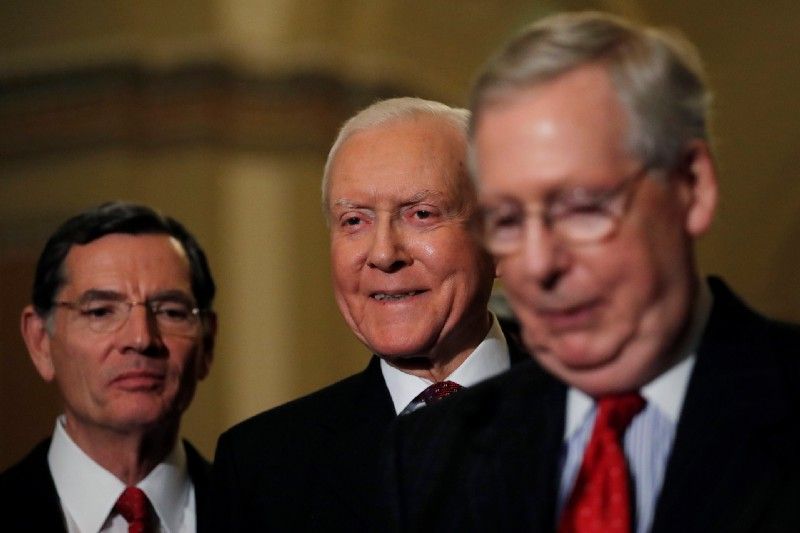The US senate has passed a tax proposal that would dramatically reshape America’s economy. A final bill isn’t exactly a slam dunk, but it’s got a good shot of passage in the coming weeks. Here are four questions on the issue:
What about the other guys? Trump has complained that the US has the highest corporate tax rate in the world. That’s only partly true. The rate that’s on the books is higher than in most other countries, but the rate that corporations actually pay, when deductions and other loopholes are factored in, is actually in line with other advanced economies.
What about inequality? Not much. The US already does the least among large industrialized countries to redistribute income via its tax system. The new tax bill doesn’t change that: it’s projected to disproportionately benefit those at the higher end of the income spectrum. Whether you think that’s good or bad is a deeply ideological question that you should definitely bring up at the dinner table.
What about growth? In a survey of professional economists, only 1 out of 42 said they believe growth with be “substantially higher” in decade as a result of the proposed cuts. Business leaders are split on whether a tax cut would impact their hiring and investment decisions.
What’s the hurry? The last major tax reform in the 1980s took years to pull together — but this time around the GOP majority is scrambling to ram this one through.
